Donor Qualification
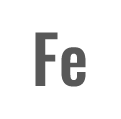
Iron
We recommend that all blood donors adopt an iron-rich diet.
In pre-menopausal women (due to menstruation or pregnancy) and frequent donors (three or more whole blood donations per year for men; two or more whole blood donations per year for women), the iron absorbed from food alone may not offset the loss of iron from donations:
- Consider using iron supplements by getting advice from your doctor or pharmacist.
- Talk to your doctor about possibly having your iron reserve checked.
You can donate blood:
- If you are taking multivitamins with iron or iron supplements to prevent your iron reserves from decreasing.
You cannot donate blood:
- If your hemoglobin level is low:
- You will be able to donate blood when your hemoglobin level returns to an acceptable level for donating blood.
- If your iron reserve is low:
- You will be able to donate blood in six months, as long as your iron reserves have returned to an acceptable level for donating blood.
Frequently asked questions
Iron is essential for the human body. It is one of the components of hemoglobin. It is also found in certain foods. It helps your body produce new red blood cells and can help replace those lost during blood donations.
A reduced iron reserve can lead to a feeling of fatigue, a decreased capacity for exercise, difficulty concentrating, or even pica (an eating disorder characterized by the ingestion of non-nutritive substances like ice or chalk).
A low enough reserve can lead to anemia, which causes the same symptoms, but more severely. Anemia arises when the hemoglobin level is lower than 120 g/L in women (excluding pregnancy) and 130 g/L in men.
It is important to consult your doctor to determine the exact cause of your low hemoglobin, especially if it is your first blood donation. If you are anemic, you must avoid donating blood until you have determined the cause of your low hemoglobin level and until your level is back to normal. With iron-deficiency anemia, where the iron level is insufficient, you must wait until your iron level is restored before donating.
Iron-rich diet
- The iron needed to offset losses and keep the iron reserve at a sufficient level comes from foods and is absorbed by the intestine. Therefore, it is recommended that you eat iron-rich foods.
- For people who donate blood frequently (three or more whole blood donations per year for men; two or more whole blood donations per year for women), the iron absorbed from food alone may not offset the loss of iron related to donations. Note that in most cases, donating plasma does not result in iron loss. However, for frequent platelet donors, the collecting of blood samples required at each donation could result in iron loss.
Iron supplements
- If you donate blood frequently, it may be helpful to take iron supplements to keep your reserves up.
Talk to your doctor
- If you are a frequent donor or if you think your iron reserves are low, consult your doctor. He or she will determine if you need to be tested and take iron supplements.
- The optimal dosage for offsetting the losses due to donating blood can vary. An elemental iron dosage of 18 mg or more per day for 12 weeks after a donation may be sufficient.
No. The test we perform on all donors before the donation measures the level of hemoglobin in the blood. To measure the iron reserve, other tests are required, including a ferritin test.
To prevent anemia associated with blood donations, you need to have good iron reserves. Blood donors are advised to get into the habit of eating more iron-rich foods on a daily basis.
Frequent donors (i.e. men who make at least three blood donations a year and women who make at least two) may need supplements to offset the iron they lose by donating blood. Check with your doctor or pharmacist to find out if you should take iron supplements.
Learn more
- See the Hemoglobin criterion
- See the Blood donation and iron reserve page
- Child birth/Breast-feeding/Pregnancy

- Acupuncture/Electrolysis

- Age

- Allergies

- Cancer

- Cholesterol
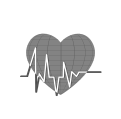
- Dentist
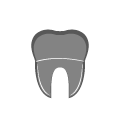
- Diabetes

- Drugs
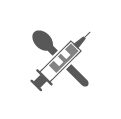
- Iron

- Hemoglobin

- Sore throat

- Creutzfeldt-Jakob Disease

- Body piercing/Tattoos
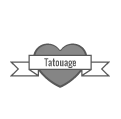
- Tick bite

- Weight

- Medication
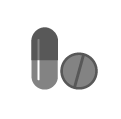
- Sexual relations
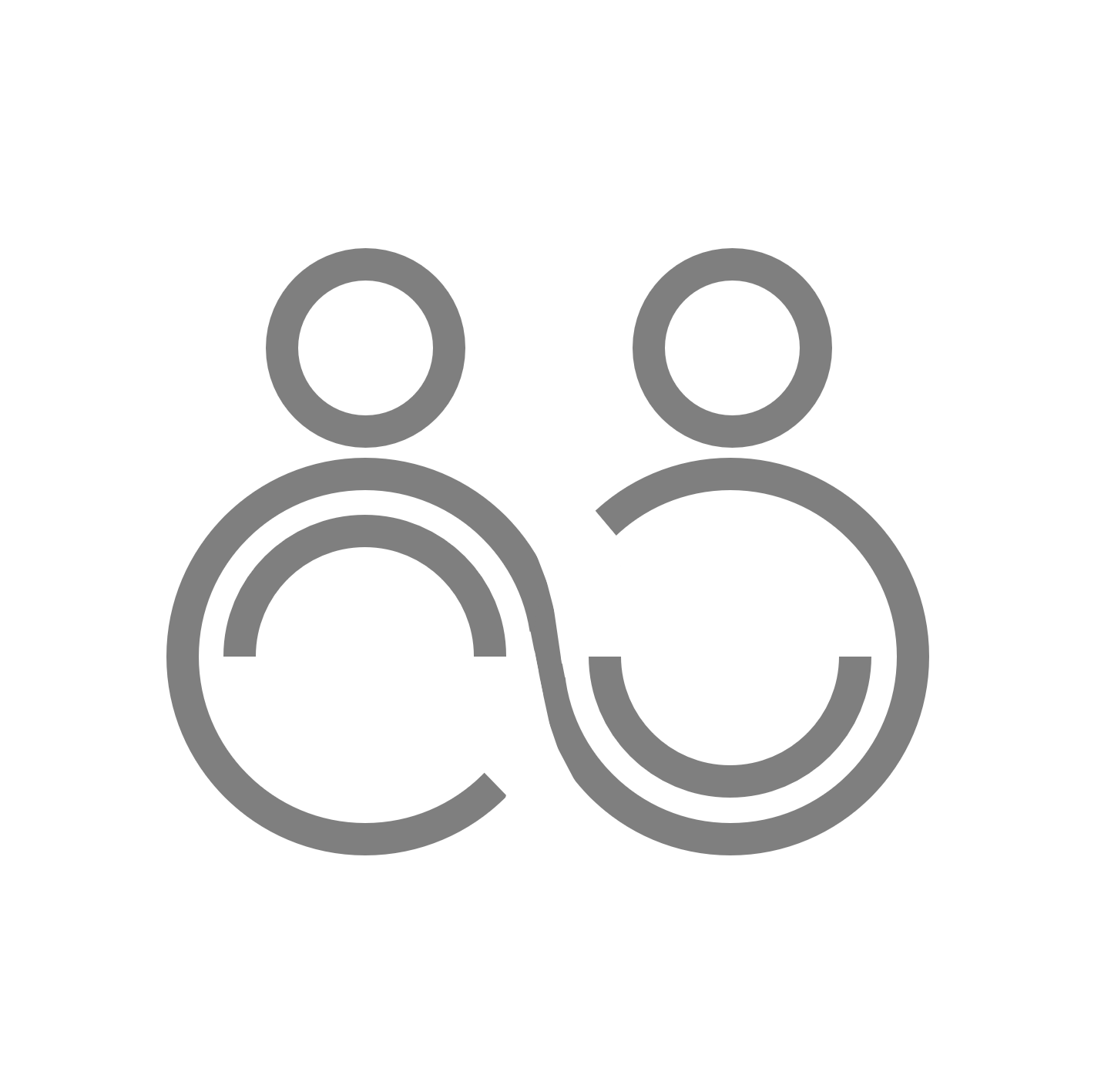
- Cold

- Trali (Transfusion-Related Acute Lung Injury)
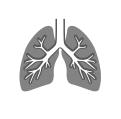
- Vaccinations
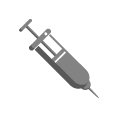
- Travel

- For more information, please contact our Donor Services at: 1 800 847.2525
